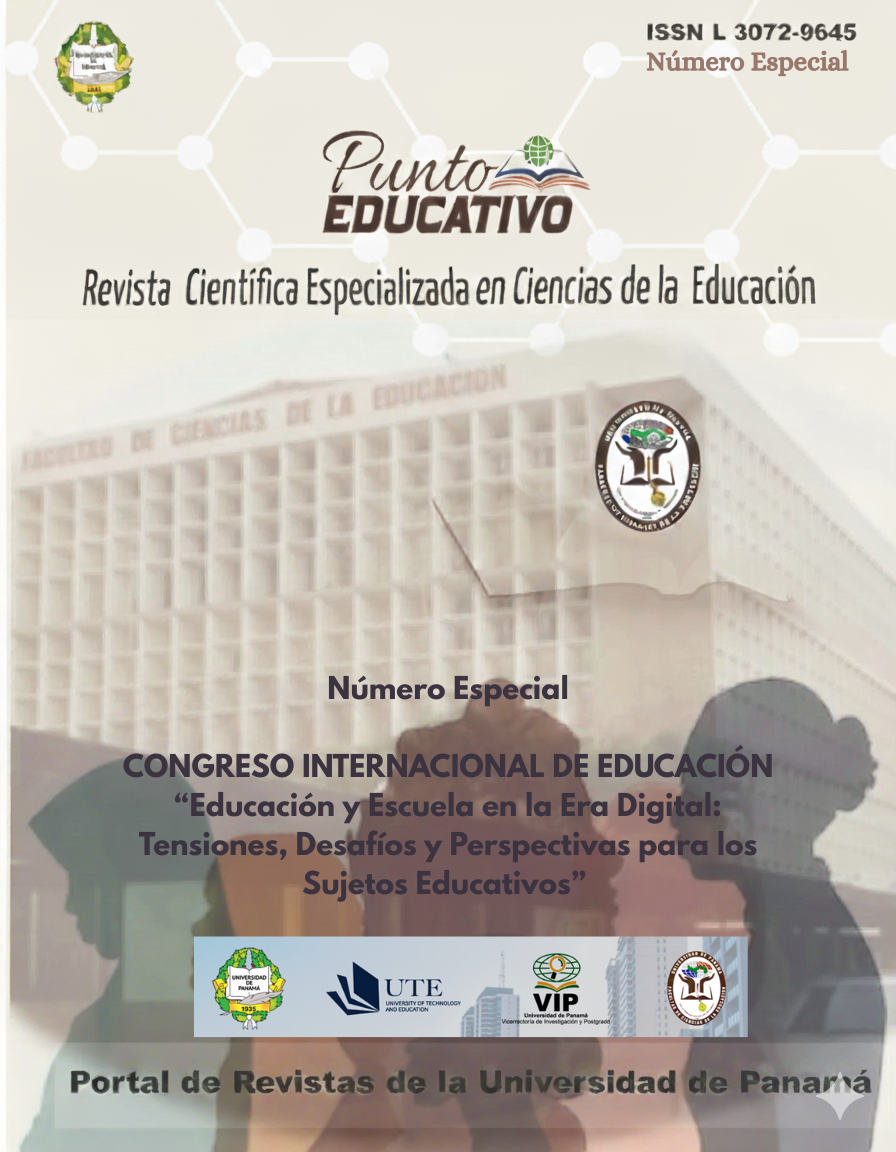

Derechos de autor 2025 Punto educativo

Esta obra está bajo una licencia internacional Creative Commons Atribución-NoComercial-CompartirIgual 4.0.
La investigación doctoral sobre competencia comunicativa etnocultural en la zona portuaria de Buenaventura se organiza en torno a un análisis múltiple - macro, meso y micro, destinado a revelar la complejidad de la comunicación en el contexto de una escena cultural nacional específica. Este estudio responde a la necesidad de abordar los problemas de comunicación e integración social que enfrentan diferentes grupos étnicos en los entornos educativos de Buenaventura, Colombia. Por tanto, se centra en cómo incorporar competencias de comunicación cultural étnica en la enseñanza del inglés como lengua extranjera para facilitar interacciones efectivas y reducir las barreras culturales entre estudiantes de diferentes etnias, promoviendo así la cohesión social. Asimismo, la investigación se basa en una pregunta fundamental: de ¿Cómo construir un modelo didáctico que integre la competencia comunicativa etnocultural a diversos grupos étnicos en educación y en áreas portuarias de Buenaventura? Debido a que enfrentan desigualdades educativas que históricamente han ignorado los antecedentes culturales y lingüísticos de estas comunidades. Por consiguiente, el marco teórico de este estudio se basa en conceptos clave como competencia comunicativa, competencia intercultural, pedagogía crítica y teoría decolonial. Autores como; Deardorff, Freire, Mignolo y Himes (1972) brindan un marco para comprender la importancia de desarrollar habilidades comunicativas que trasciendan las barreras idiomáticas y culturales, promoviendo el diálogo y el entendimiento mutuo en el contexto del puerto de Buenaventura.